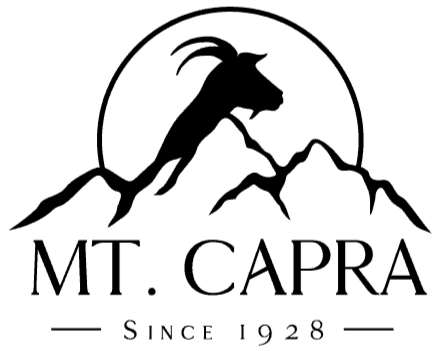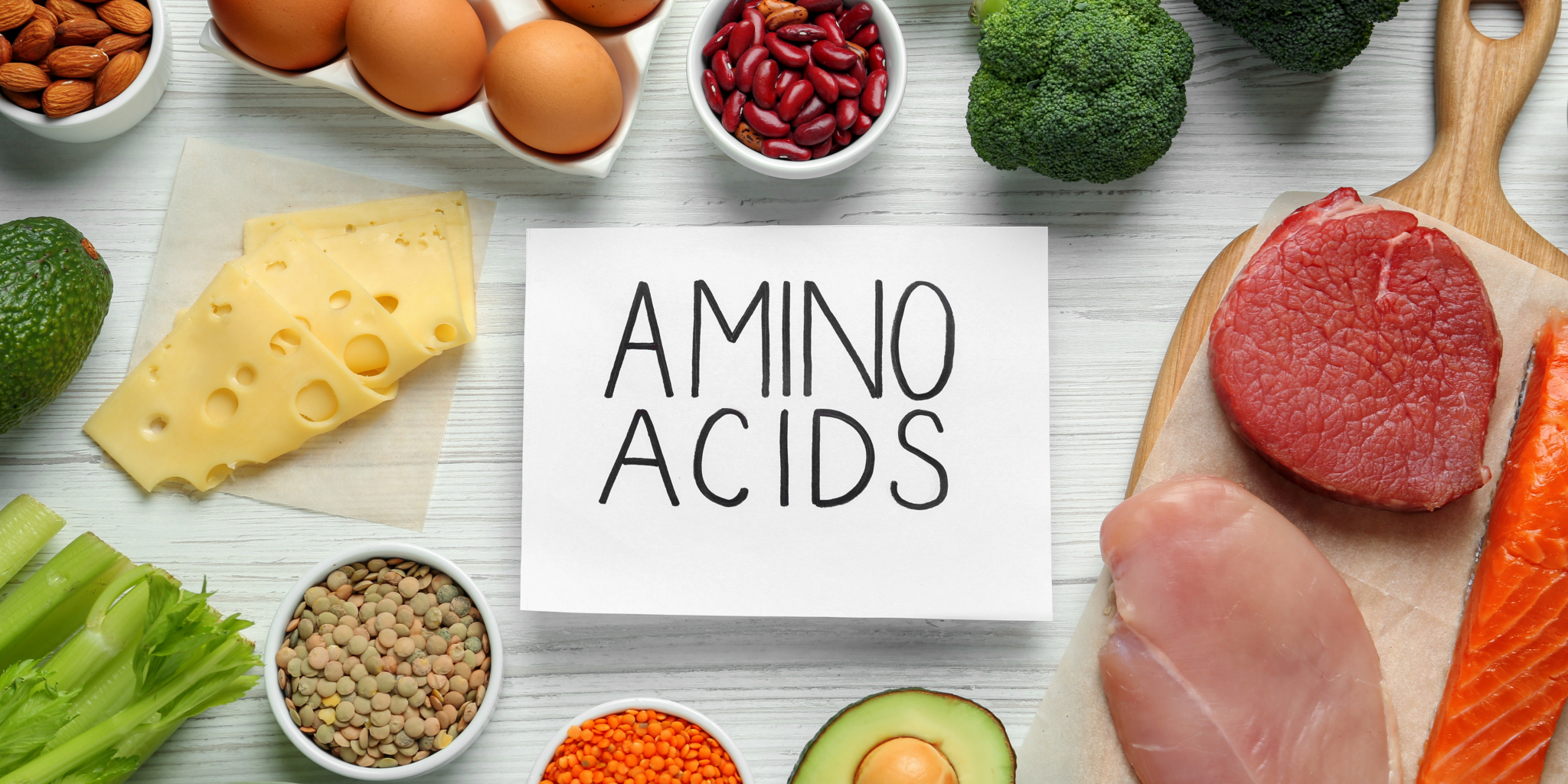Constipation is becoming an increasingly chronic issue for Americans. Some children and adults deal with the uncomfortable issue, and higher amounts of seniors deal with this issue. There are many different products on the market to help provide relief and move the bowels. While these are needed to reduce discomfort, what is also needed is for us to look at some of the possible root causes of constipation. If you aren’t addressing the root, you may just be putting a bandaid on the situation.
There are several factors that can contribute to constipation:
- Not drinking enough water
- Not eating enough fiber (mainly this comes from lack of fruits and veggies, though flax seed and chia seeds can be helpful)
- Stress
- Lack of exercise/excess sitting
- Lack of probiotics
- Gallbladder not functioning optimally
All these factors combined and separately have an impact. However, what I wanted to focus on today is how the gallbladder can be one of the culprits in chronic constipation. Most everyone has bouts of occasional constipation, and that is usually created from life circumstances like traveling or being dehydrated. Chronic constipation is an ongoing issue dealt with on a daily and weekly basis.
The Gallbladder’s Job
The gallbladder’s main job is to store, concentrate and release bile. Bile is made by the liver and then transported to the gallbladder to be stored. As it sits there, it is concentrated into a more potent product that is made up of fatty acids and cholesterol and designed to be excreted when fat from food we ingest enters into the duodenum (the start of the small intestines). Bile has two main jobs. It carries toxins out of the liver and it enhances the digestion. It is key to the utilization of fats that we eat by emulsifying them. This breaks them up into smaller fat globules in the small intestines. Once the fats are broken down, they can be absorbed by the body and utilized for fuel.
The other key component of bile is that it helps move things along in the intestines. Meaning it moves stools through the intestines and out as waste. If the body is not digesting something well, it tends to stay around for a while. This is what can happen with undigested fat when there is limited bile. This decreases GI motility (or bowel movements).
Without appropriate amounts of bile to break up fat, you will have a harder time digesting the fat soluble vitamins A, D, E, and K. It is important that we eat good fats as they play many important roles in the body. Fats are used in the body as fuel, to satiate us and keep us fuller longer, and they help us to regulate inflammation (omega-3 and omega-6 are important in the right balance for this). Fats also make up part of the structure of our cell walls, and are used to form key hormones.
Signs of a poorly functioning gallbladder
Intense cravings of sugar and fat can be a sign that your gallbladder needs a little more support. If you aren’t digesting fats well, you can tend to crave them, or crave sugar. Fats are like the slow burning fuel and give us longer sustained energy and satiate us. When we don’t eat fats or aren’t digesting them well, we are hungrier more often and can turn to sugar. This gives us quick energy as it digests very quickly and the body uses the glucose for fuel. Of course, dysregulated blood sugar and a constant intake of sugary foods will also contribute to cravings for more sugar, so limit your intake as much as possible.
Other signs of gallbladder issues can be: pain under the right rib cage where the gallbladder is located, motion sickness/nausea, frequent diarrhea or fatty stools that float due to not digesting fats. If you increase your fiber content and your constipation gets worse or you take liver cleansing herbs and don’t do well, it could be because the bile is not flowing freely like it should and so the fiber isn’t being effectively moved along or the liver cannot get rid of the toxins through the bile appropriately. Fiber helps bind up the bile and toxins and safely escort it out of the body in the form of stools.
Bile and Fats
To have a healthy gallbladder with healthy bile, we need to be eating healthy fats regularly. Healthy fats are fats like coconut oil, olive oil, avocado oil, butter, and ghee. Unhealthy fats are highly processed vegetable oils like canola oil, soybean oil, and any liquid oil that is heated and refined. These oils are not heat stable, are sensitive to light and therefore should be stored in opaque jars. They are often from gmo crops. Unhealthy fats also include consumption of trans fatty acids and fried foods. These fats have been altered and can be rancid and oxidized, contributing to inflammation and poor quality bile. You need healthy fats to make healthy bile!
When you don’t eat fat regularly, meaning you eat low fat or no fat, your gallbladder doesn’t get the signal to release bile regularly, as it is released due to the presence of fat in the duodenum (the beginning of the small intestines). When the bile doesn’t move out regularly, it gets thick and viscous and can lead to gallstone formations. This can lead to inflammation and pain down the road, but also means limited fat digestion takes place. Remember, fats are needed for a healthy inflammation response, cell structure, hormones, and more, so it is important that we digest them to use them.
So how do you take care of your gallbladder?
- Eat healthy fats like olive oil, ghee, tallow, butter, lard, avocado oil, and oils that support healthy inflammation pathways like borage oil, hemp oil, fish oil, flax seed, chia seeds, and black currant seed oil.
- If you no longer have a gallbladder or have trouble digesting fats due to a sluggish gallbladder, coconut oil is a good fat to use for cooking and baking, as it is high in MCTs and gets digested quickly and doesn’t need as much bile to digest it. Our goat ghee is also high in MCTs and therefore should be easier to digest.
- Eat foods that thin the bile and support the liver like beets, lemons, apples, dandelion greens (and other bitter foods or Swedish Bitters), carrots, and flaxseed oil.
Want a tasty recipe that helps support a healthy gallbladder and bile flow? Check out this Gallbladder Salad recipe.
Need some temporary help staying regular?
While the following products do not have an effect on the gallbladder, they can help in the shorter term when things get backed up.
EZ-Go Herbal Stool Softener for ease of bowel movements
For those that do need some extra support, Mt. Capra offers an excellent product that enhances elimination. It is called EZ-Go and is an herbal stool softener that is gentle and non-irritating. It includes mucilaginous herbs like aloe, slippery elm, and marshmallow root that soothe, as well as magnesium, and triphala to add some bulk to the formulation for ease of movement.
CapraCleanse – Digestive Support & Detox
We sell a colon cleanse product called CapraCleanse. It is rich in fiber from psyllium, flax seed, and apple fiber. It also has prebiotics, minerals, beet, a botanical blend and colon blend. CapraCleanse also contains herbs known to soothe and counteract gas, bloating, and cramping such as: Slippery Elm Bark, Marshmallow Root Powder, and Fennel Seed Powder.
Please note: Nothing in this blogpost is making any health claims. This information is for informational purposes only and does not substitute the advice from a qualified medical professional. If you have any concerns about your health, see your primary care provider.








Share:
Is Goat Milk Gluten Free?
Mt. Capra's Clean Whey Protein As Part of Victoria's Healing Journey